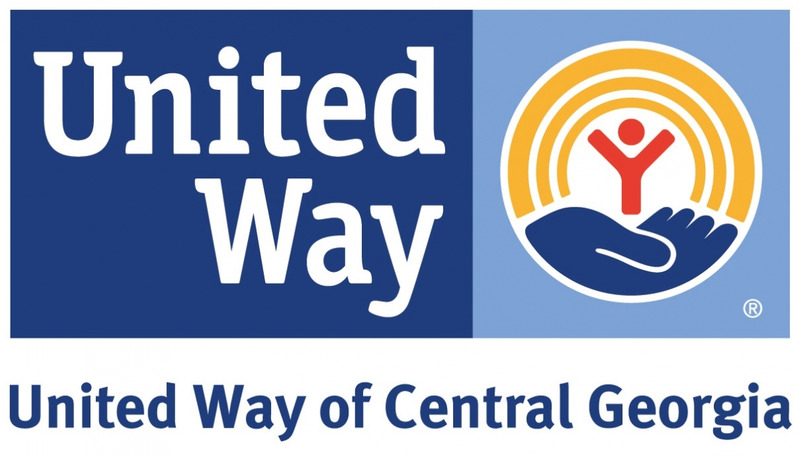"How Price Increases Are Creating Long-Term Problems"
Earlier this year we published a blog titled "The Effects of Rising Prices Are Worse Than You Think" and have been stunned at the repose. Countless people emailed back or stopped me around town to express support for raising this issue. Simply put, prices are going up and it's affecting everyone.
Intuitively, people understand that prices have significantly outpaced wages since the pandemic. If you go to the grocery store today, the pre-pandemic $4 stick of deodorant is now $7.99 according to a prominent financial outlet. In fact, your $100 pre-pandemic grocery bill is now $136.59 according to the Wall Street Journal. Cooking oil, beef, fruit snacks, mayonnaise, and applesauce have increased by more than 50% since COVID-19. Meanwhile, has your take-home pay gone up by more than 50%? Probably not.
While there are plenty of examples to point to, it’s hard to nail down specifics on many items because of a relatively new term introduced into the American lexicon known as shrinkflation. Shrinkflation occurs when a company shrinks its products but not its prices. It’s a way of masking price increases by betting that the consumer won’t notice or won’t care. Common examples are smaller bottles of juice, fewer cookies in a package, or fewer sheets of toilet paper on a roll. While the term has morphed into a political football being used in the upcoming presidential election, the effects are hitting lower-income families the most. The bottle of juice may be the same price as it was before the pandemic, but it no longer lasts a family for an entire week. This is a silent budget killer.
The compounding effects of rising prices are creating long-term issues that we are only beginning to understand. One way that families are covering rising prices is by dipping into their retirement funds. Vanguard announced last month that nearly 50% more people made a “hardship withdrawal” from their retirement account than did before the pandemic.
Hardship withdrawals occur when people withdraw money before retirement due to unforeseen financial hardships in their lives. These individuals owe income taxes on the money withdrawn and could be hit with a significant early withdrawal fee depending on the account. More importantly, this money is no longer in the market leveraging the time-value of money for their future selves. Just last year, a family that pulled money out of their retirement account to pay for everyday expenses missed out on an average return of 24.2% in the S&P 500. This means the wealth gap is being exacerbated as families are forced to borrow from tomorrow to pay for the price hikes of today.
Again, for many of us, price increases and shrinkflation are nuisances that may prompt us to eat out less or hold off on trading in our vehicle (mine is 12 years old). But for some Americans, the compounding effects of inflation could push them over the edge into poverty. United Way has developed a term to describe these people known as ALICE. ALICE stands for Asset Limited, Income Constrained, Employed. ALICE individuals are hard-working, gainfully employed members of society who are one unforeseen expense away from slipping into poverty.
After years of working in the nonprofit sector, I’ve found the most effective way of fighting the generational effects of poverty is by preventing someone from falling into poverty. This ALICE framework allows our team to target at-risk families and ensure they have the resources available to thrive in Central Georgia. One of the ways we are doing this is by putting on a summer concert on June 21st to raise funds for ALICE families. The concert will feature country music legend Crystal Gayle and will be opened by Dr. Bill Barnes and The Billy Money Band. Premium tickets will be $62.71, symbolizing the ALICE livable wage of $62,710 for a family of four.
Join us on June 21st to help support ALICE families by purchasing tickets, Click Here.
With heartfelt gratitude,
.jpg)
